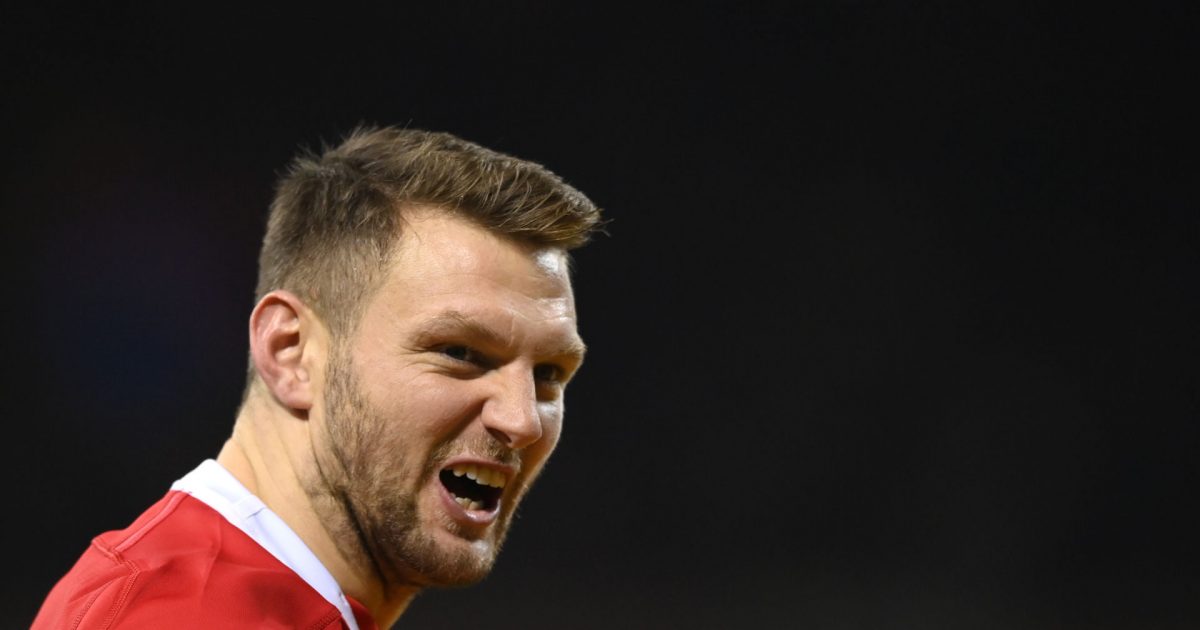Dan Biggar impressed for Toulon as they handed Bath a heavy defeat in the European Challenge Cup.
Biggar, who joined the French side at the beginning of November, kicked a penalty and three conversions and was involved in two of Toulon’s tries in a 29-7 victory.
Jiuta Wainiqolo, Maelan Rabut and Bruce Devaux crossed in the first half and Gervais Cordin in the second, with Tom Doughty finally getting Bath on the board after Baptiste Serin had been shown a yellow card.
Bath have now lost both their matches but Cardiff added their second big win of the competition, claiming a 47-10 victory at Newcastle.
The Welsh side secured the bonus point in the first half with tries from Josh Adams, Rhys Priestland, Owen Lane and Rhys Carre, with Adams adding a second in the second half along with a penalty try.
Priestland converted five of the tries while Newcastle’s only try came from Sam Stuart.
In Pool B, Dragons were pipped by Pau in a 27-21 defeat.
It was nip and tuck throughout, with Dragons going into the break one point ahead and keeping their noses in front thanks to two tries from Bradley Roberts.
But an Eoghan Barrett try saw Pau take the lead for the first time in the closing stages and Dragons were denied a late reply when Max Clark was adjudged not to have crossed the line.
Scarlets have two wins from two matches after an impressive 45-26 victory against the Cheetahs in Parma.
In a 10-try encounter, Scarlets made a strong start and led 38-7 at the break thanks to two tries from Steff Evans and one each from Ryan Conbeer, Johnny McNicholl and Sam Lousi.
Cheetahs responded well in the second half but Kemsley Mathias sealed Scarlets’ victory late on.
Benetton were thumping 45-7 winners over Bayonne, running in seven tries, with two each for Rhyno Smith, Lorenzo Cannone and Onisi Ratave.


































































